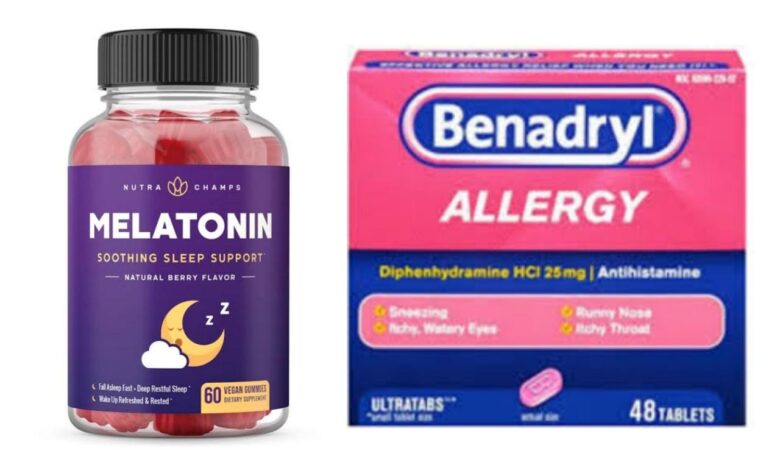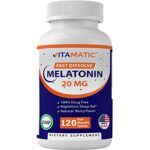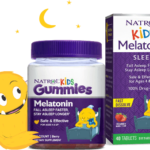Can You Take Melatonin With Benadryl?

Mixing any combination of prescription drugs, over-the-counter drugs can be unpredictable and dangerous. Most fatal overdoses involve the use of more than one type of drug (poly-drug use).
Poly-drug use is dangerous because different drugs act on our bodies in different ways. The harmful effects are magnified by using more than one drug type.
What is melatonin?
Melatonin is a hormone that your brain produces in response to darkness. It helps with the timing of your circadian rhythms (24-hour internal clock) and with sleep. Being exposed to light at night can block melatonin production.
Research suggests that melatonin plays other important roles in the body beyond sleep. However, these effects are not fully understood. Melatonin dietary supplements can be made from animals or microorganisms, but most often they’re made synthetically. The brain releases melatonin when it is dark, suggesting that melatonin helps regulate sleepiness in these conditions.
Exposure to light may block the production of melatonin, which is why it is important to sleep in a dark room. A 2015 study examined zebrafish with a rare mutation that stopped them from producing melatonin. These fish slept very little, even when researchers ensured that they had adequate exposure to darkness. These findings suggest that the body depends on melatonin, not just changes in light, to help it get to sleep.
What is Benadryl
Benadryl is a brand of diphenhydramine, an over-the-counter medication that is classified as an antihistamine. It’s used to help relieve symptoms of hay fever (seasonal allergies), other allergies, and the common cold, as well as itchy skin due to insect bites, hives, and other causes.
Benadryl is effective for decreasing itchy skin from hives. It’s often considered a first-choice treatment for hives. But although it’s effective for decreasing symptoms of seasonal allergies, Benadryl isn’t often used for this purpose. This is due to side effects such as sleepiness. Benadryl comes in many different forms. Some are oral (taken by mouth), and some are topical (applied to the skin).
Can you take melatonin with Benadryl?
Although there are no interactions between melatonin with Benadryl, both medications work better when used alone. Melatonin is a perfect substitute for Benadryl as a sleep aid because of some unwanted side effects of Benadryl, especially in older patients.
Taking an over-the-counter sleep aid with Benadryl once in a while is generally not going to cause problems, other than a possible hangover the next day.
However, older people can get confused when taking Benadryl because it also blocks a brain chemical called acetylcholine, which plays a big role in attention and short-term memory. Taking Benadryl over a long period of time can actually predispose people to dementia. You should be careful not to use these types of medicines all the time in order to get good sleep, always consult your healthcare provider before using melatonin with Benadryl.
What is the Appropriate Dosage of Melatonin?
There is no consensus about the optimal dosage of melatonin although most experts advise avoiding extremely high dosages. In studies, dosages range from .1 to 12 milligrams (mg). A typical dose in supplements is between one and three milligrams, but whether this is appropriate for any specific person depends on factors like their age and sleeping problems. You may find melatonin in dosages of micrograms (mcg), 1000 mcg is equivalent to 1 mg.
Some people experience daytime sleepiness when using melatonin as a sleep aid. If you experience this, it could be that your dosage is too high. It’s advisable to start with the lowest dosage possible and work your way up gradually under the supervision of your doctor.
The AAP advises against dosages above 3-6 mg for children and states that many young people respond to small doses of .5 to 1 mg. Some studies have found benefits to lower doses in adults as well.
Oral supplements can bring the levels of melatonin in the blood to levels much higher than is normally produced by the body. For example, dosages between 1-10 mg can raise melatonin concentrations to anywhere from 3 to 60 times typical levels. For this reason, people taking melatonin should use caution before ingesting high doses.





